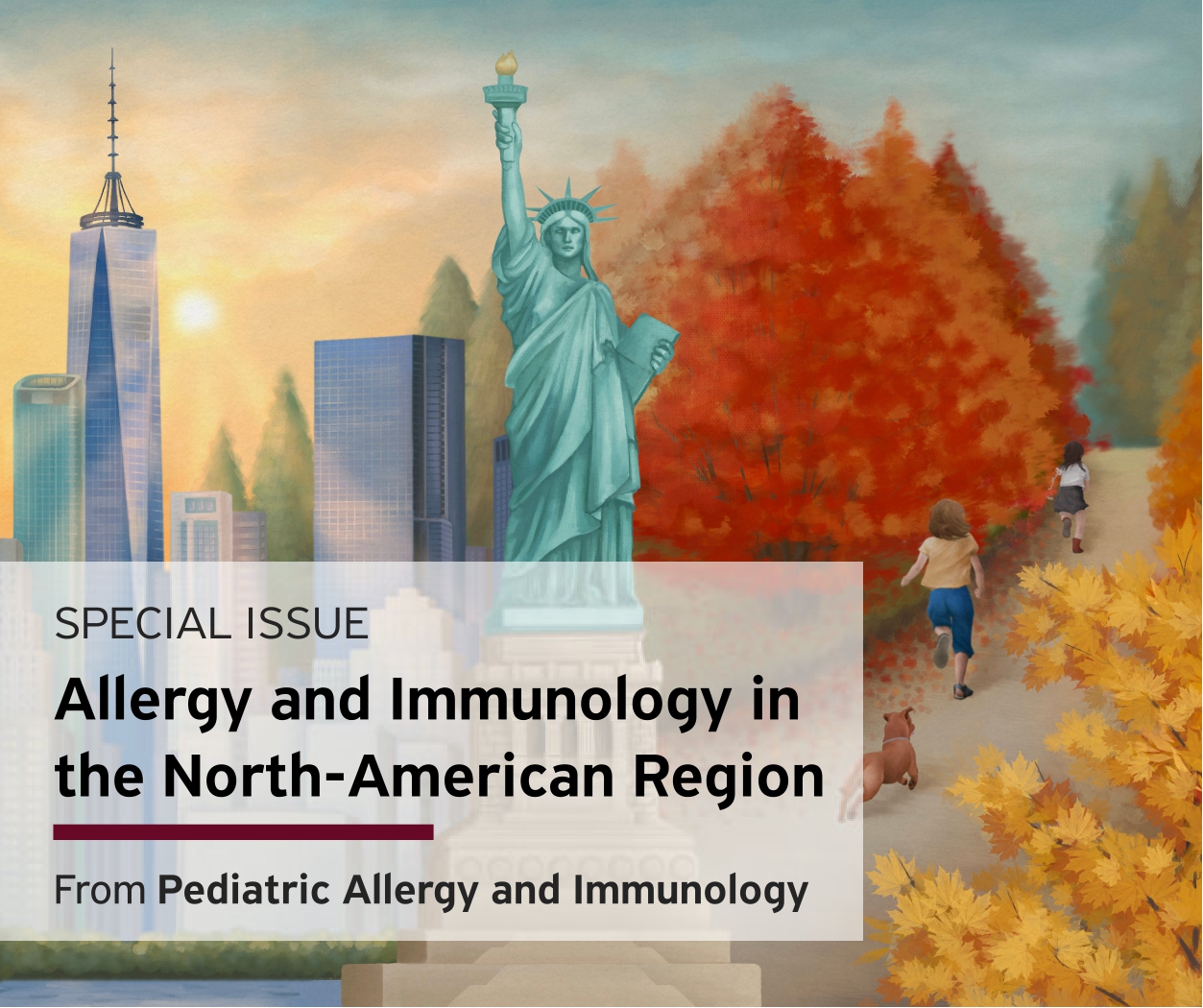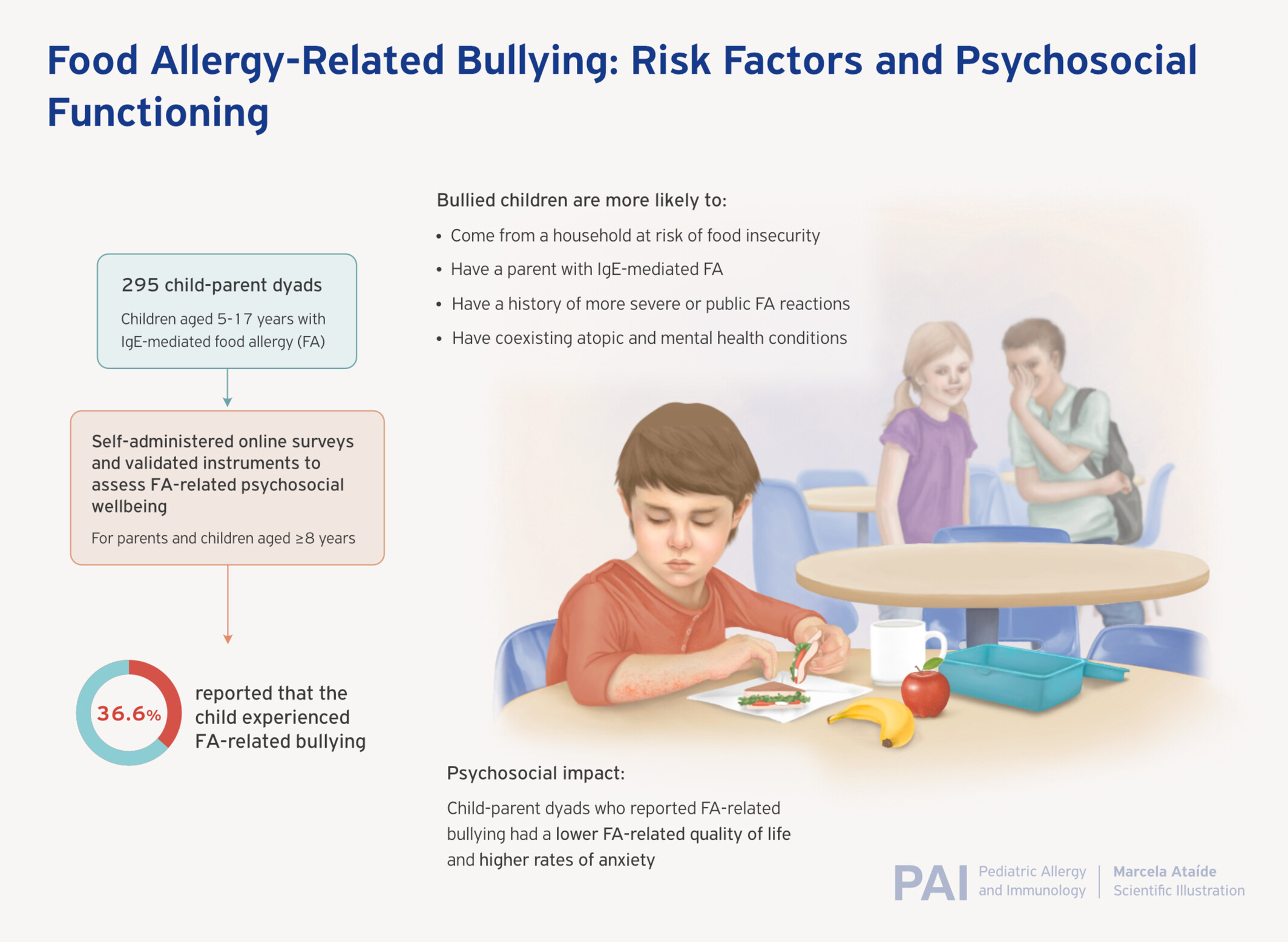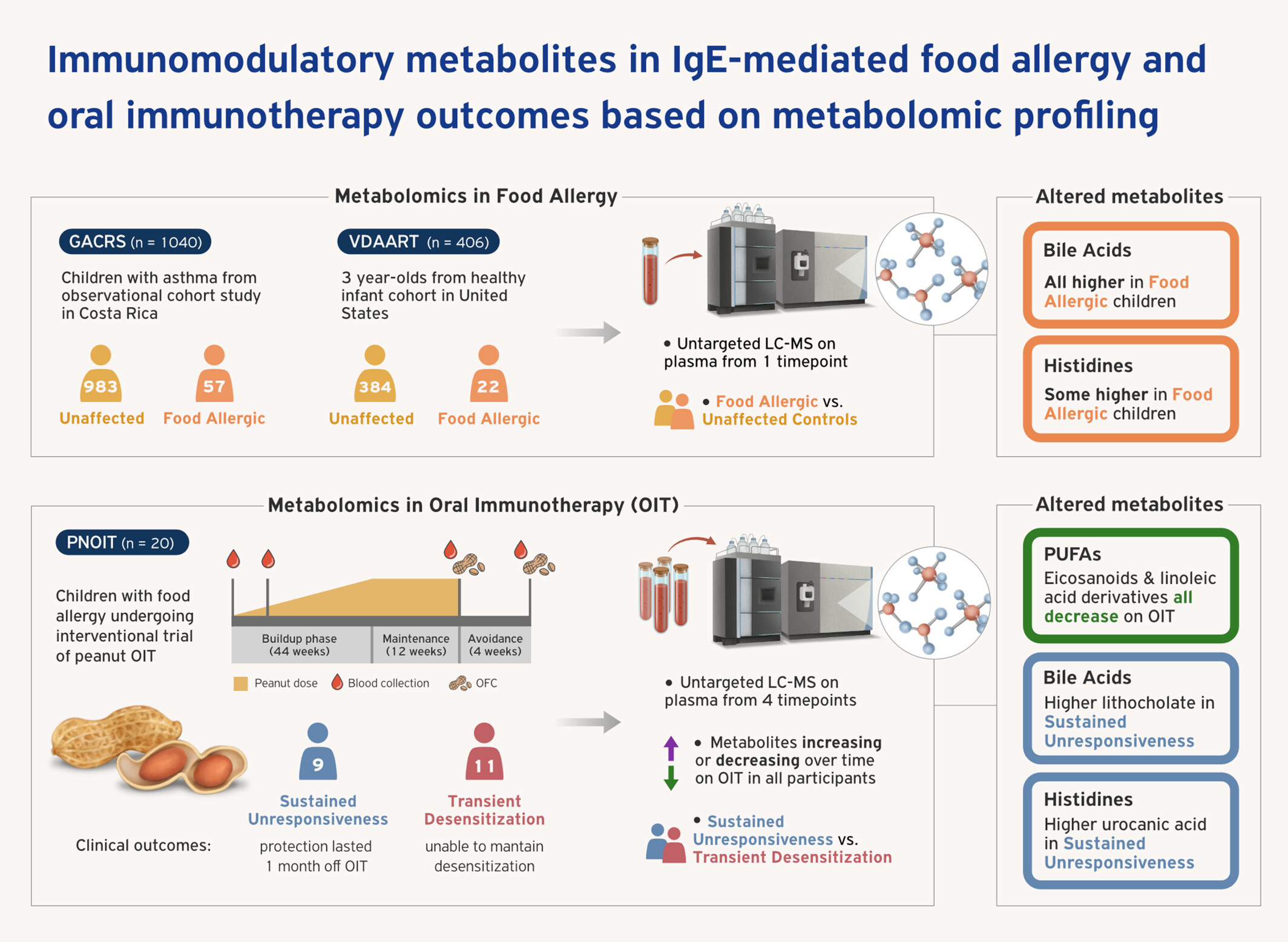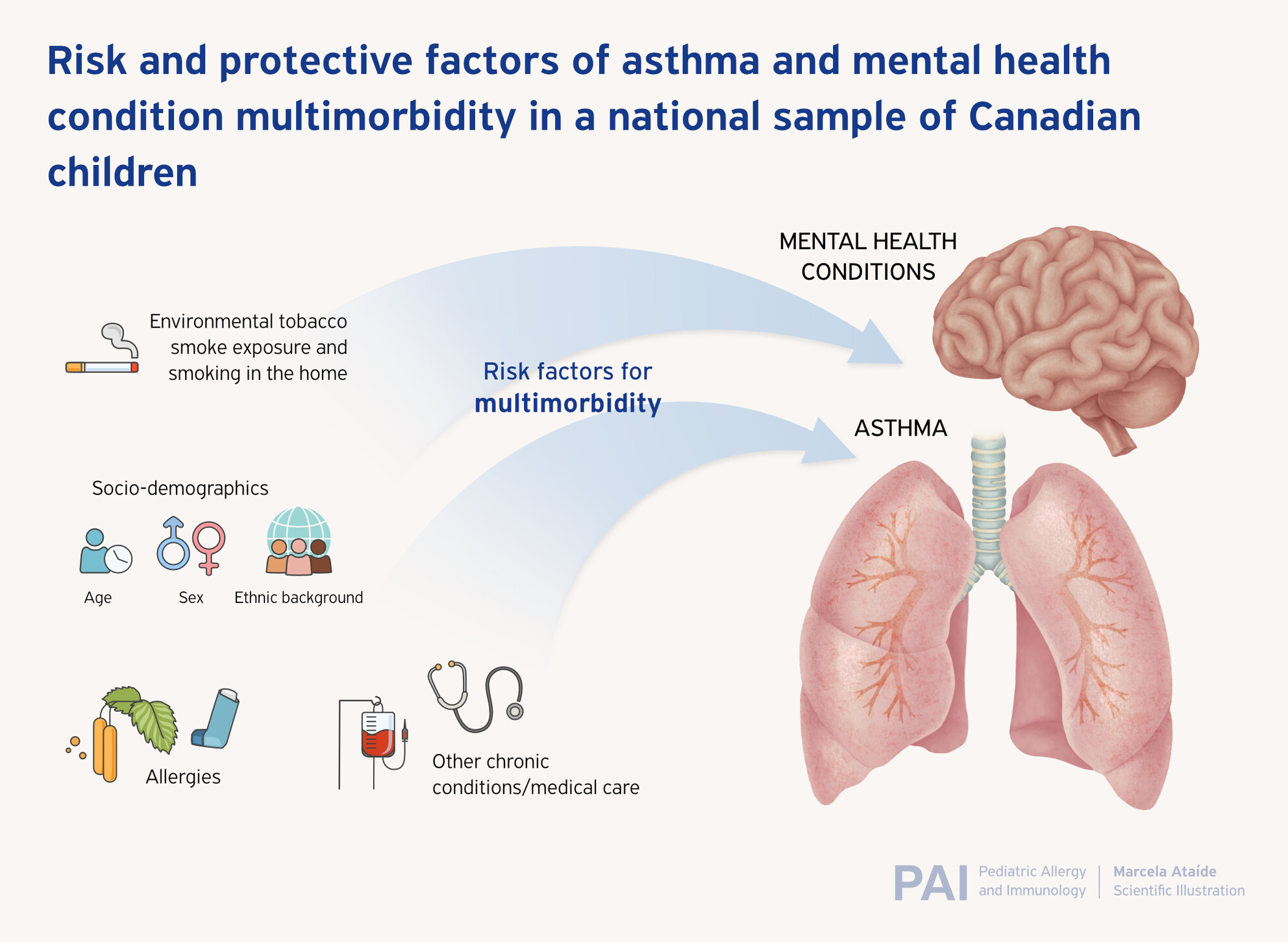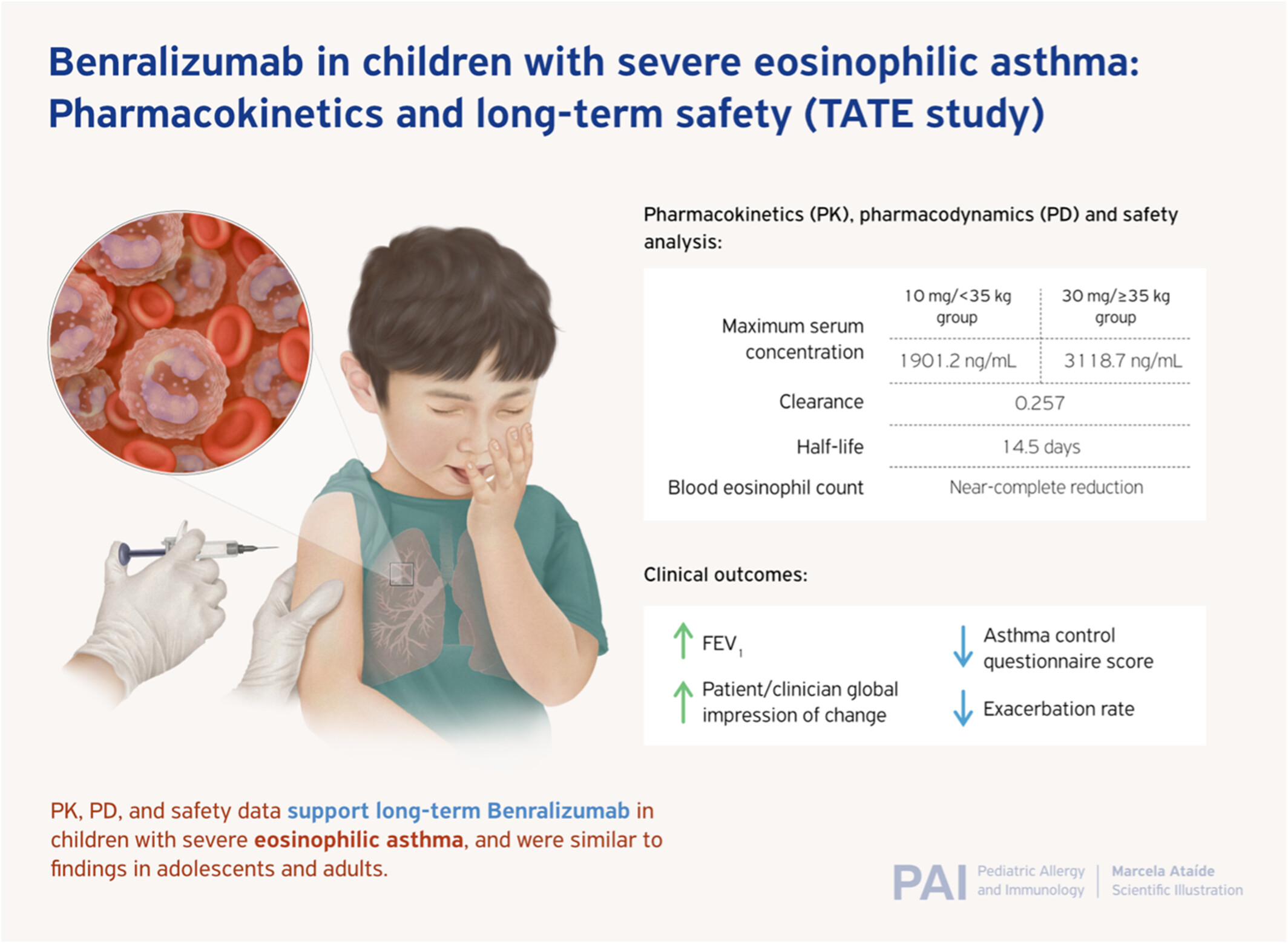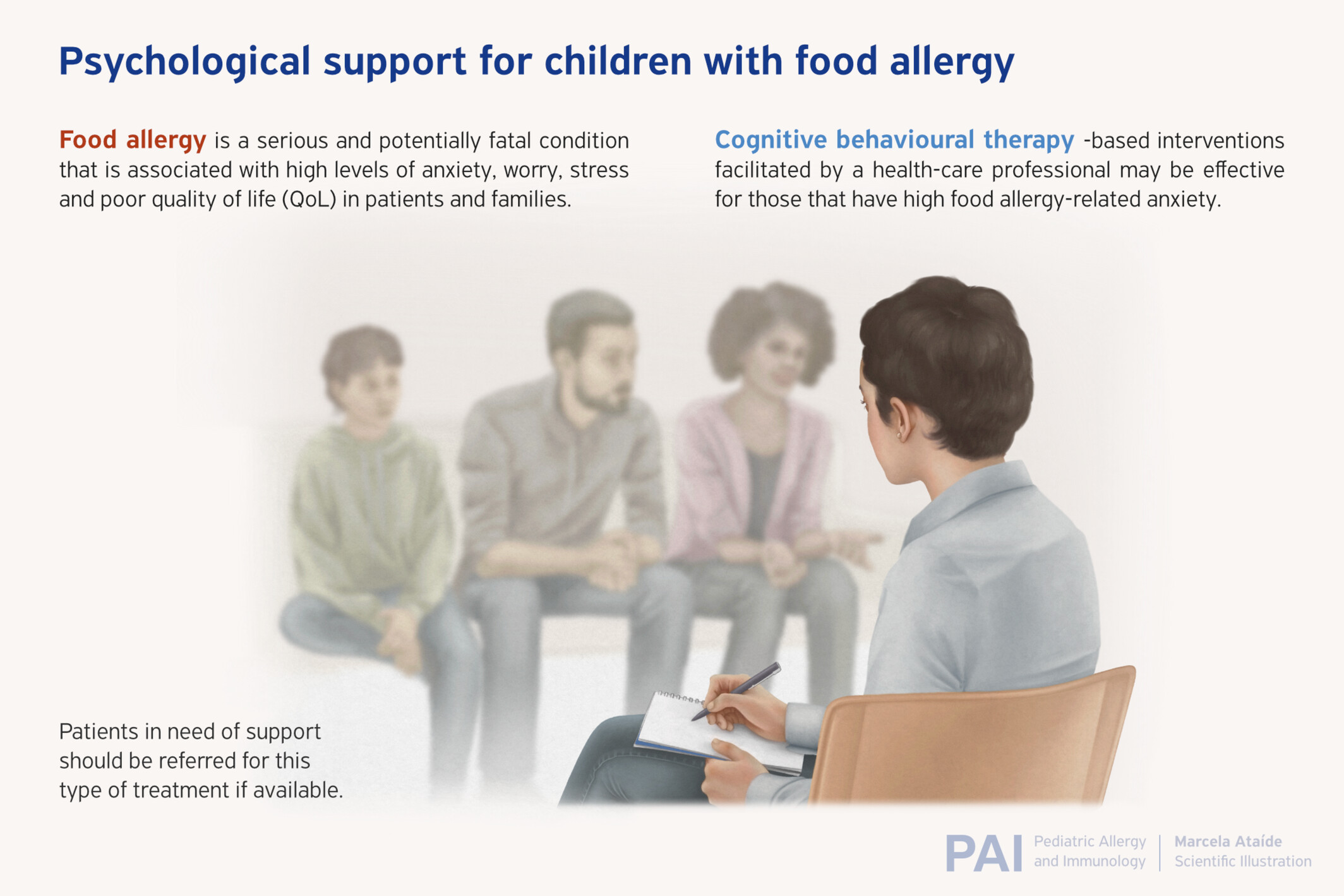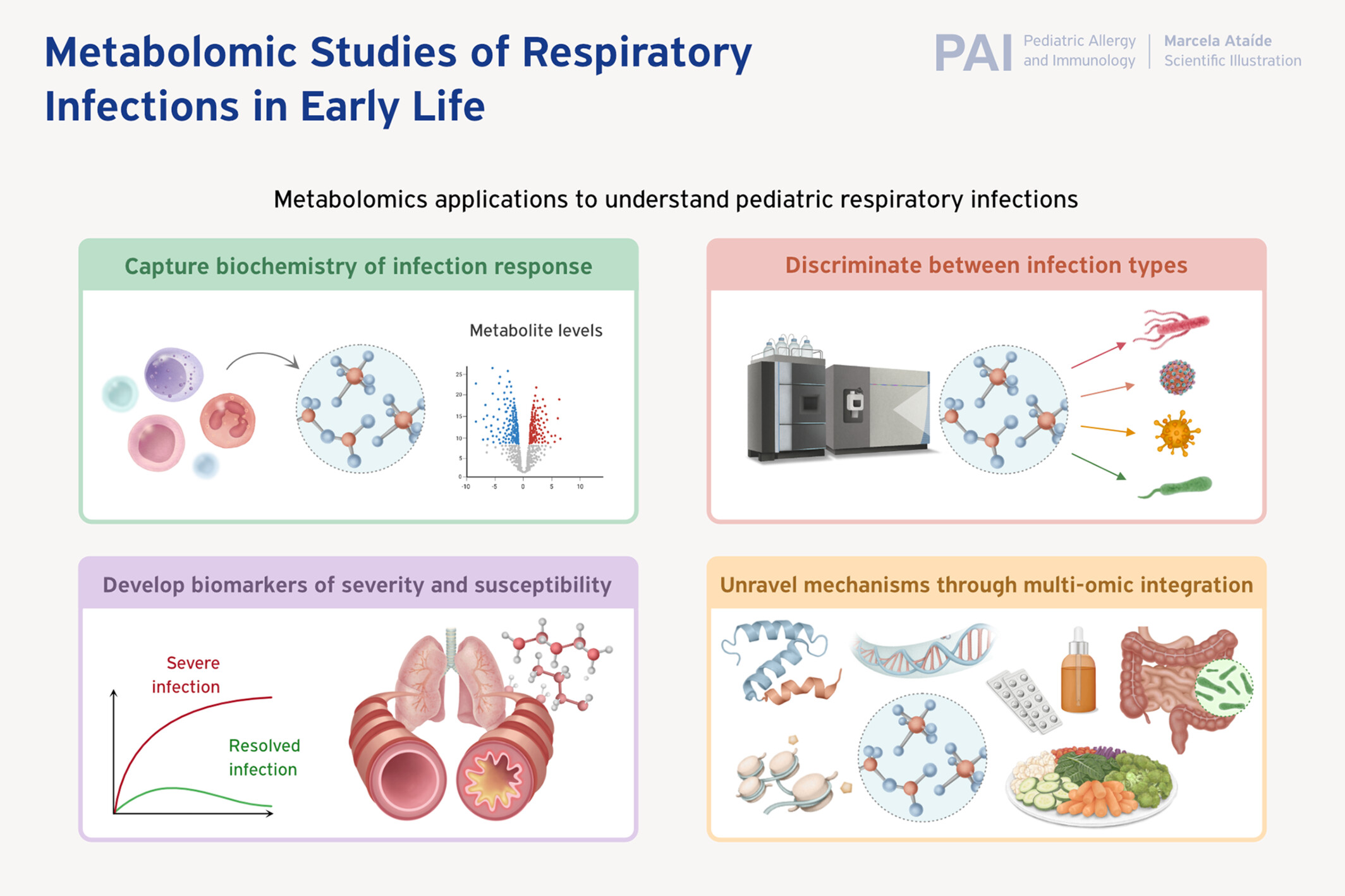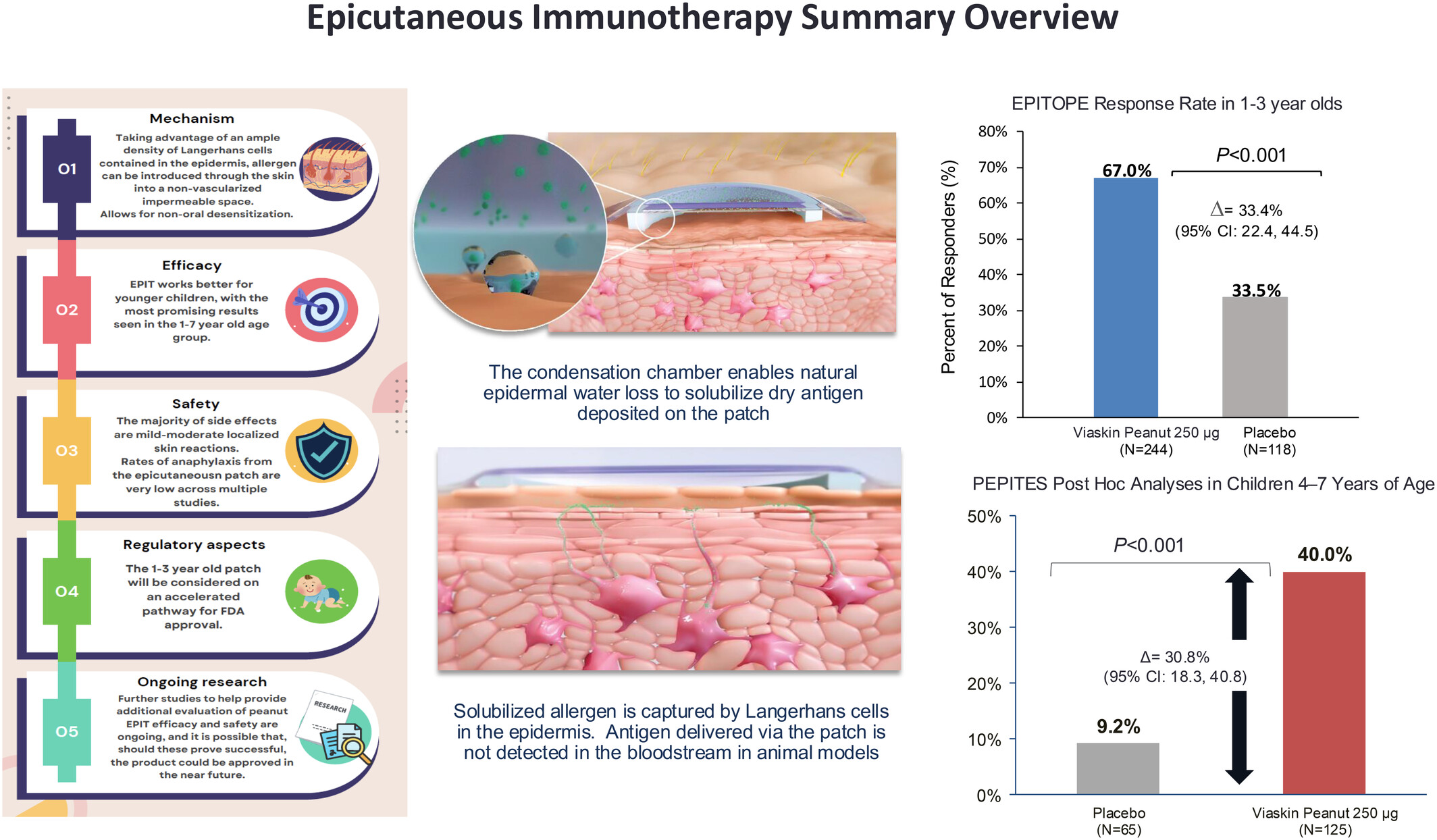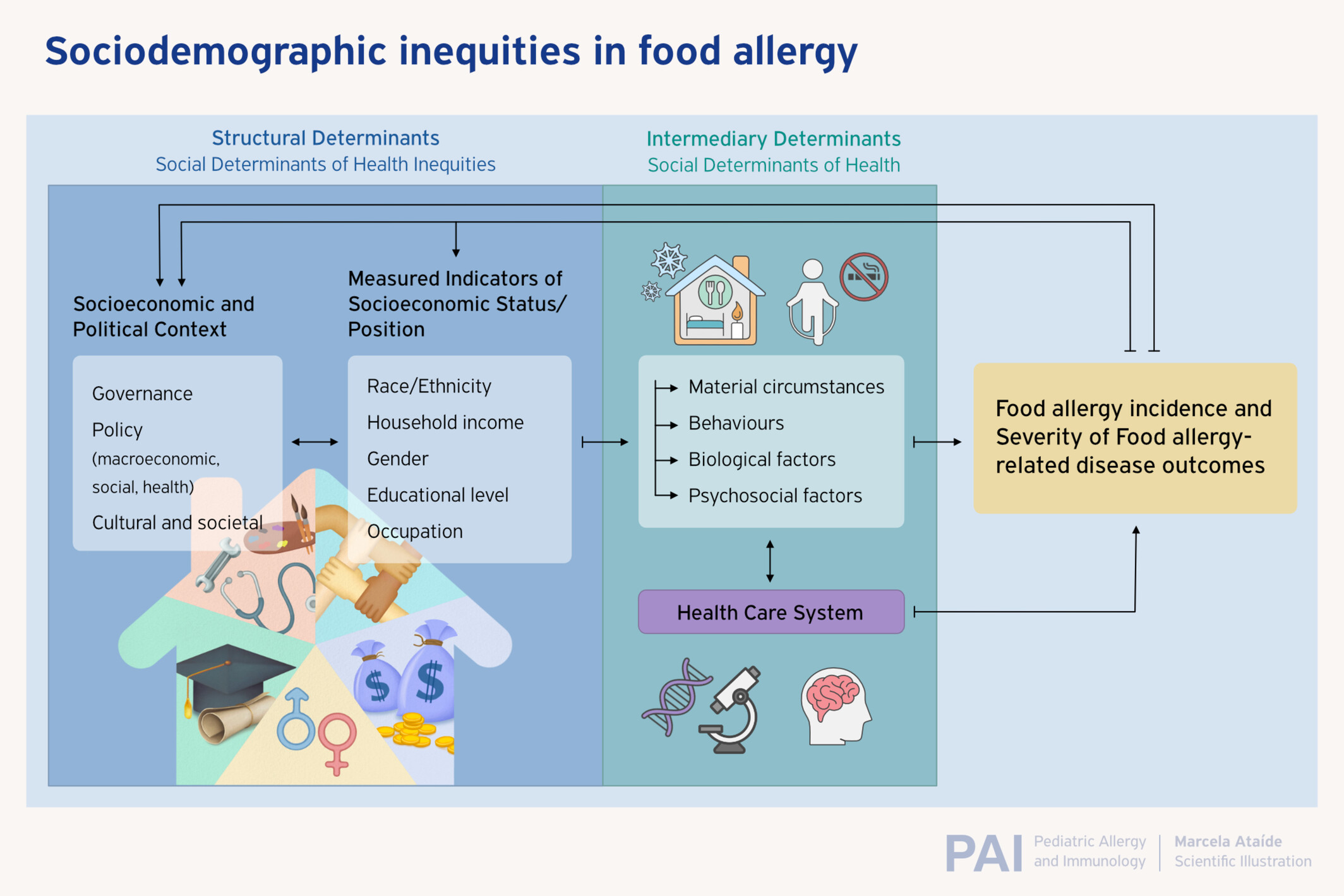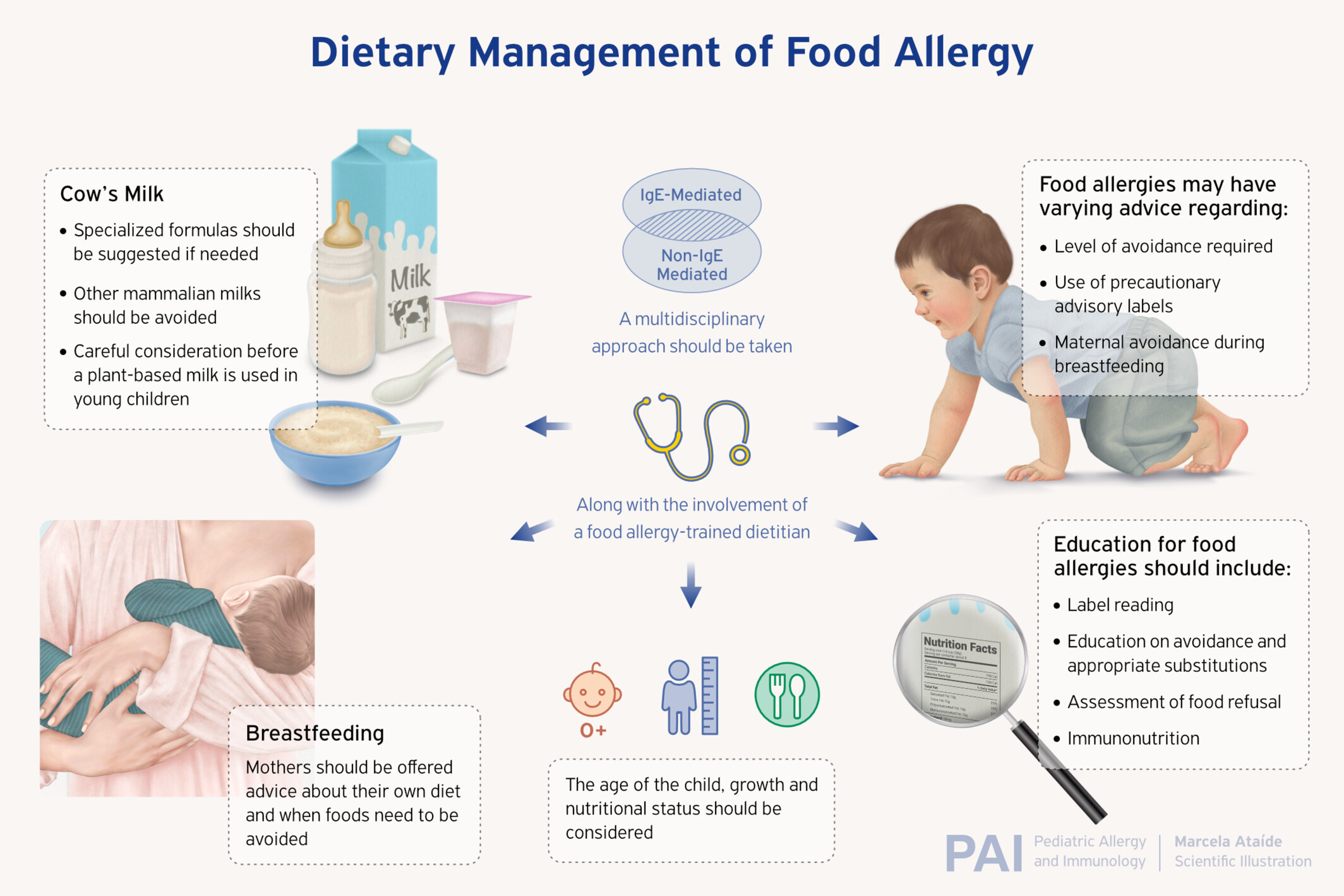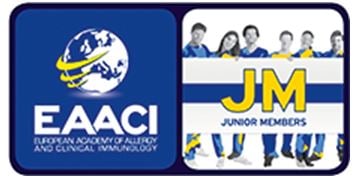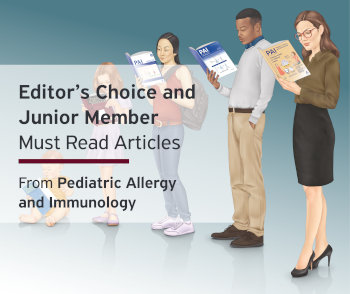Journal list menu
Export Citations
Download PDFs
Editorial:
Pediatric allergy and immunology in North America—An introduction
- First Published: 18 January 2025
Editorial Comment:
Editorial comment on “Food allergy-related bullying: Risk factors and psychosocial functioning”
- First Published: 16 June 2025
Editorial comment on “Immunomodulatory metabolites in IgE-mediated food allergy and oral immunotherapy outcomes based on metabolomic profiling”
- First Published: 22 January 2025
Editorial comments on “Risk and protective factors of asthma and mental health condition multimorbidity in a national sample of Canadian children”
- First Published: 07 November 2024
Position Paper:
AAAAI–EAACI PRACTALL: Standardizing oral food challenges—2024 Update
- First Published: 19 November 2024
Rostrum:
Systematic Review:
Systematic review on maternal dietary patterns during pregnancy and offspring allergy
- First Published: 14 December 2024
A critical analysis of the effect of OM-85 for the prevention of recurrent respiratory tract infections or wheezing/asthma from systematic reviews with meta-analysis
- First Published: 17 July 2024
Psychological support needs for children with food allergy and their families: A systematic review
- First Published: 25 March 2024
Review:
Metabolomic studies of respiratory infections in early life: A narrative review
- First Published: 12 April 2025
Just scratching the surface: A review of pediatric skin allergies
- First Published: 15 February 2025
Sociodemographic inequities in food allergy: Insights on food allergy from birth cohorts
- First Published: 24 April 2024
Transcriptomic changes associated with oral immunotherapy for food allergy
- First Published: 22 March 2024
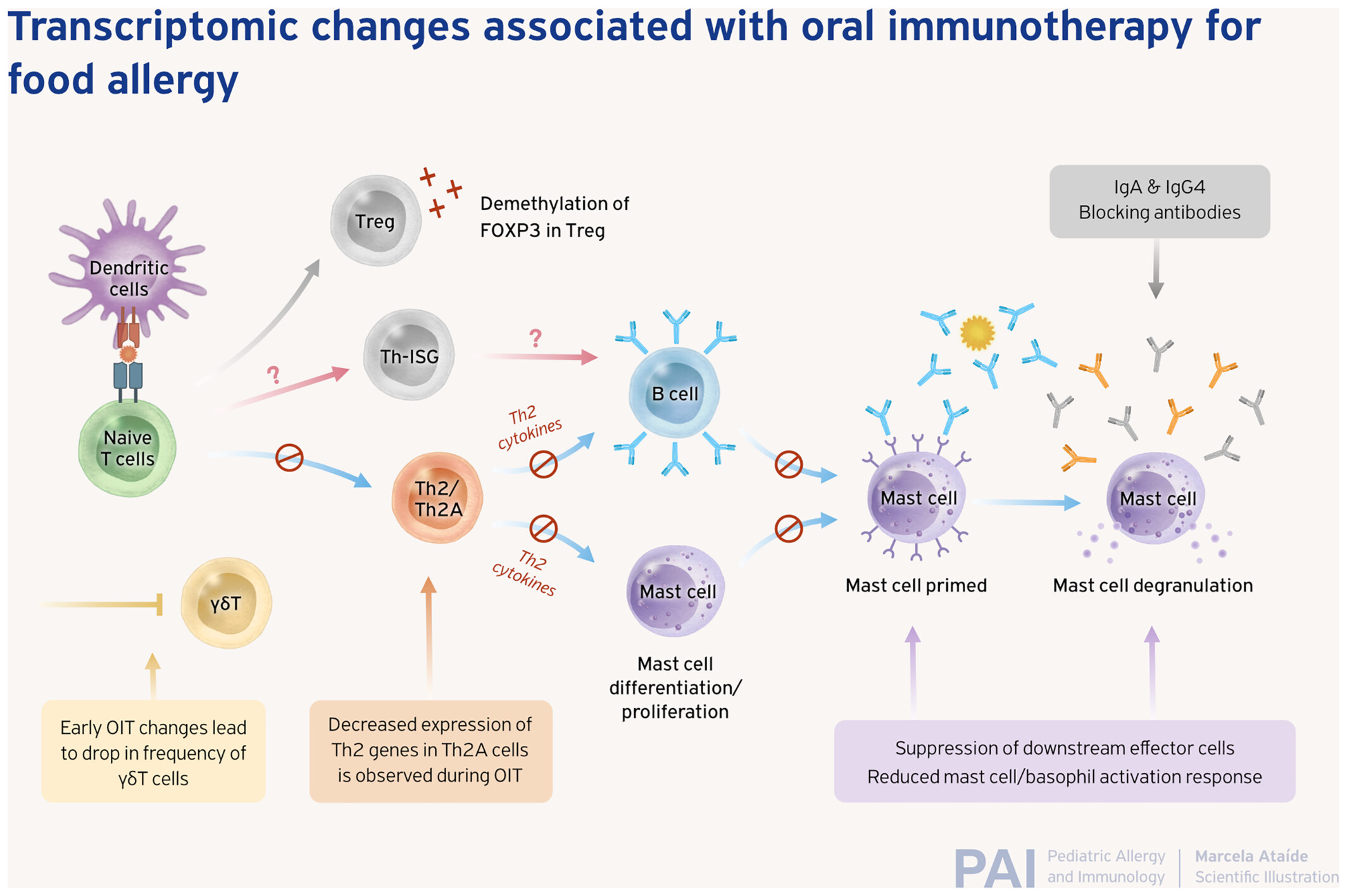
In this review we summarise current understanding of immune changes associated with oral immunotherapy (OIT), as established through molecular profiling of the transcriptome. Changes observed during OIT include clonal anergy of T cells with a Th2 phenotype and decreased expression of Th2 genes in peanut reactive T cells. Demethylation of the FOXP3 locus in T regulatory cells has been demonstrated, correlating with treatment outcome. Decreased frequencies of gamma delta T cells have been observed early on in OIT, which may contribute to the loss of Th2 dominance. Multiple single cell studies of CD4+ T cell memory responses have identified a novel subset of a T-helper cells that express type I interferon stimulated genes and may also act to supress Th2.
Dietary management of IgE and non-IgE-mediated food allergies in pediatric patients
- First Published: 07 March 2024
Original Article:
Maternal dietary flavonoid intake and child wheeze and asthma in the Conditions Affecting Neurocognitive Development and Learning in Early Childhood (CANDLE) cohort
- First Published: 15 March 2025
Effective long-term prophylaxis with lanadelumab in adolescents with hereditary angioedema: EMPOWER/ENABLE
- First Published: 02 April 2025
Food allergy-related bullying: Risk factors and psychosocial functioning
- First Published: 09 April 2025

The association between composite measures of social vulnerability and PICU admission for status asthmaticus
- First Published: 11 November 2024




